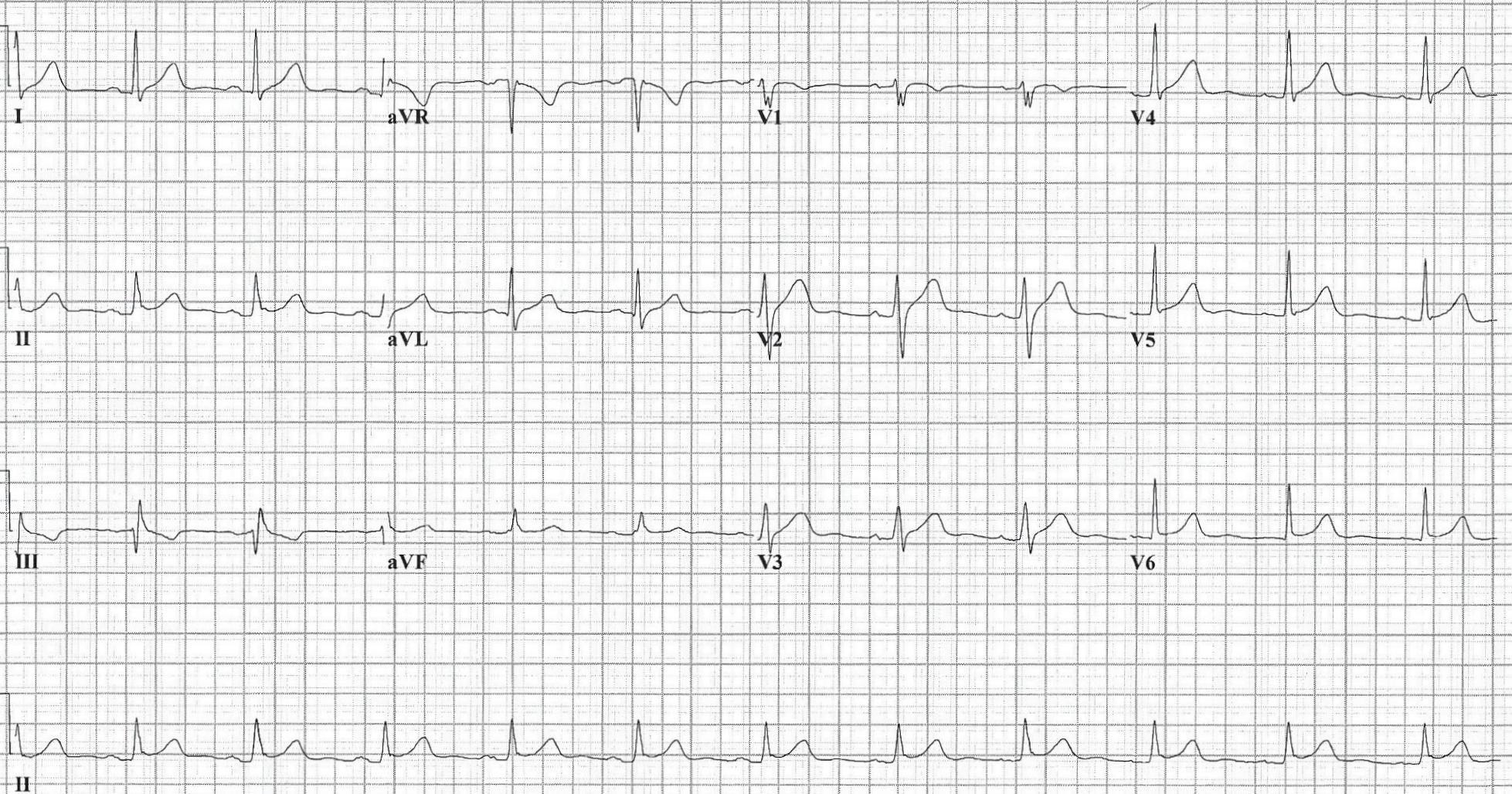Article
Cardiology Case Report: Epigastric Pain
Author(s):
Check out the latest cardiology case report from Brady Pregerson, MD. This report features a man in his mid-40s with epigastric pain but no reports of any shortness of breath, sweating, nausea, vomiting, chest pain, or other complaints. Can you determine the correct diagnosis?
History: You get sign out at 6 AM, and one of the patients is a man in his mid-40’s who presented with epigastric pain. He has normal GI labs but is pending an ultrasound with a plan for discharge home if normal. The ultrasound comes back normal so you go and speak with him. He states that the pain started around 11 PM and peaked around midnight. It was constant and wasn’t getting any better until the nurse gave him an antacid a few hours ago which really seemed to help. He denies any shortness of breath, sweating, nausea, vomiting, chest pain, or other complaints.
Exam: Vital signs are normal as is the exam including no epigastric tenderness.
Labs: CBC, BMP, LFT’s and lipase are all normal.
Other: No EKG or troponin had been ordered so you order one.
Computer Read: NSR = 69, normal ECG.

What is the most likely diagnosis?





